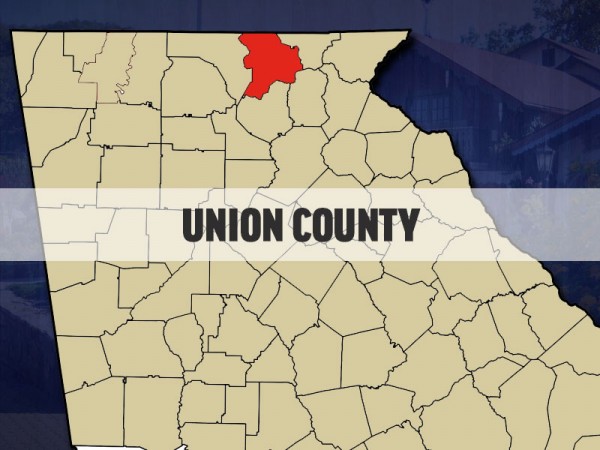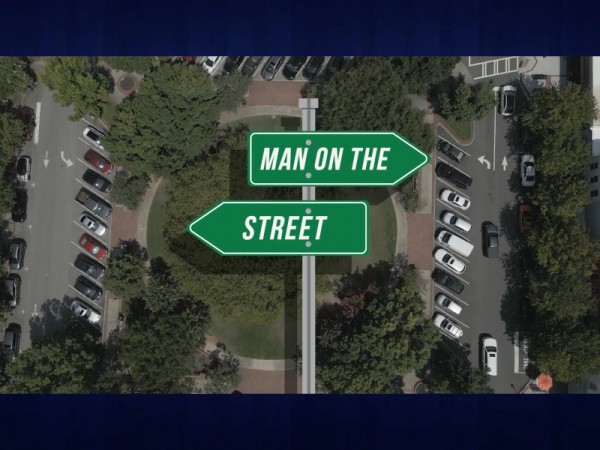ATLANTA — Tomorrow brings with it a new year for state government, and dozens of laws that go into effect for the first time.
Lawmakers can specify when bills go into effect, either when signed by a governor, at the start of a new year or a mix of both. For instance, the state's new law allowing people with certain medical conditions to sign up for a medical cannabis registry allowing them to possess oil has been up and running since mid-June.
Here's a breakdown of a few new laws taking effect this week:
ALCOHOL
Georgia's craft brewers fell short this session in their push for direct sales to customers. Wholesalers who act as a go-between from brewers to retailers have opposed dismantling Georgia's three-tier system.
But brewers around the state did get the ability to charge for a tour and provide a "souvenir" amount of beer to drink on-site. Buying a tour also lets you receive up to a six-pack's worth of beer to take home.
Rules and regulations recently published by the state also give brewers more flexibility when planning those tours rather than following large brewers' model, said Nancy Palmer, executive director of the Georgia Craft Brewers Guild. Previous state regulations determined hours when tours could be held and prevented food sales, she said.
Brewers are planning a variety of changes when the law goes into effect July 1, from expanding existing tour hours to special events like the July 1 midnight tasting at Burnt Hickory Brewing in Kennesaw.
Owners of Monday Night Brewing in Atlanta plan to add a an hour to Saturday tour times at their tasting room on the city's west side and bring in food trucks to feed visitors, said Joel Iverson, co-owner of the company.
Iverson said the changes won't mean much for a brewery of Monday Night's size but could allow smaller breweries more opportunity to spread word about their product.
"Anything is an improvement," Iverson said. "A step is a step."
FIREWORKS
Just days before the July 4 holiday, large fireworks sales become legal for the first time in Georgia. The Georgia Department of Insurance had received more than 200 applications early last week.
Sparklers and fireworks that didn't lift far off the ground were allowed previously. The new law limits sales during the first year to permanent locations, with tents beginning next summer.
Local governments are taking a variety of approaches ahead of the law taking effect and the holiday weekend likely to see both sales and fireworks use peak. While some are taking no action, other cities plan to use zoning or other local ordinance changes to specify where the stores can locate.
Sandy Springs Mayor Rusty Paul said city officials passed a 90-day moratorium on allowing sales while they update city policies. Paul said residents still can celebrate using fireworks once the state law takes effect but officials want to be specific about where the stores operate.
"There is a public safety issue storing large amounts of explosives in on site," he said. "We need to be sure where we allow them to sell is a safe location."
ELECTRIC VEHICLES
Georgia's generous tax credit for electric vehicle purchases will vanish overnight, starting July 1.
A new $200 fee for registration of alternative fuel vehicles also goes into effect.
Unhappy supporters of alternative fuel say they're anticipating sales of the vehicles to plummet, particularly the Nissan Leaf, and will closely track any impact on the state's economy. The credits had helped lift Georgia to No. 2 in electric vehicles sales, according to 2014 tracking by industry analysts at IHS Automotive.
But state lawmakers said it had become too costly, and included the changes to electric vehicles in a large $900 million transportation funding law.
Don Francis, executive director of Clean Cities-Georgia, said eliminating the credit of up to $5,000 can put electric vehicles out of reach for some buyers.
He said Clean Cities plans to work with other organizations to track how sales are affected and whether any companies that produce chargers see their business affected.
"No one's ever done this before — poof — an incentive gone in one sweep in a hot market," Francis said.
Tim Echols, a member of Georgia's Public Service Commission, has organized an "alternative fuel road show" for five years to spread awareness of non-gasoline-fueled vehicles. This year, he's tried to talk up the other benefits of owning those cars including access to toll lanes and helping improve air quality but still expects a steep drop in sales.
UBER AND TAXI CHANGES
A pair of laws regulating ride-hailing services such as Uber or Lyft requires the companies to perform background checks on drivers using the smartphone application and maintain insurance coverage up to $1 million.
But one of the laws also is having an effect on how local governments regulate traditional taxis. The state will now take over all regulations and permits for those services that had been handled by public safety agencies in some places.
Athens-Clarke County commissioners plan to change local law at a July meeting, endings biannual inspections of taxis despite local officials' concerns took a similar step.
Athens-Clarke Commissioner Kelly Girtz said he's concerned about handing over inspections to the state. Even with regular local checks, three-fourths of vehicles had a violation of some sort in the most recent round, he said.
"I'm skeptical about the state having the staffing necessary to suddenly manage this vast number of cab drivers, not only for Athens but Macon, Atlanta, DeKalb and elsewhere," Girtz said.
One key restriction remains in place for Uber or Lyft drivers in metro Atlanta. The Atlanta City Council hasn't allowed ride-hailing drivers to pick up or drop off passengers at Hartsfield-Jackson Atlanta International Airport. A city spokeswoman says two committees plan to discuss that at a future meeting.
















